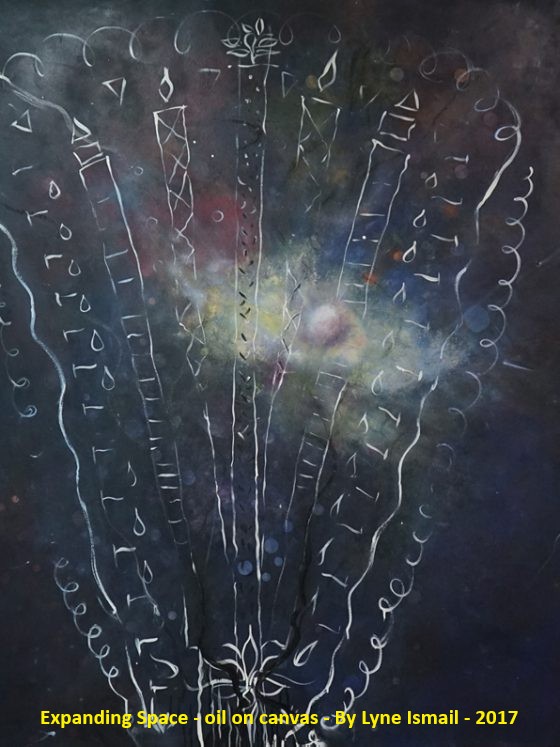The Economics of Oppression Domestic Servitude in Uzma Aslam Khan’s The Story of Noble Rot
Main Article Content
Abstract
This research paper examines gendered domestic servitude in the Pakistani social milieu through Uzma Aslam Khan’s debut novel The Story of Noble Rot, highlighting the subaltern subject positioning of female domestic workers within a deeply stratified society. It scrutinizes the contrasting lives of a maidservant and an affluent businessman’s wife to explore the rigid master-servant dynamic shaped by economic disparity and patriarchal control. The analysis delineates how patriarchal structures dictate women’s roles, showing that wealth does not always guarantee autonomy, nor does financial contribution ensure ascendancy within the household. The relationships Mrs. Masood and Malika hold, both with the men in their lives and with each other, emphasize the pervasive discrimination that continues to shape women’s lived experiences in contemporary Pakistani society. By focusing on the master-servant relationship and broader societal disparities, the paper underscores the structural inequalities that keep domestic workers in cycles of penury, limiting their social and financial mobility despite temporary shifts in power.
Downloads
Article Details

This work is licensed under a Creative Commons Attribution 4.0 International License.
Copyrights of all materials published in SARE are retained by the authors. Authors may republish their work or grant others permission to republish it. We would be grateful if republication is accompanied by an acknowledgment that the work was originally published in SARE.
References
Dickey, Sara. “Permeable Homes: Domestic Service, Household Space, and the Vulnerability of Class Boundaries in Urban India.” American Ethnologist, vol. 27, no. 2, 2000, pp. 462-489. Jstor,www.jstor.org/stable/647180. Accessed 21 February 2018.
D’Souza, Asha. Moving Towards Decent Work for Domestic Workers: An Overview of the ILO’s Work. International Labour Organization, 2010, https://www.ilo.org/sites/default/files/wcmsp5/groups/public/%40dgreports/%40gender/documents/publication/wcms_142905.pdf.
Javed, Sajid Amin and Mohammed Irfan.“Intergenerational Mobility: Evidence from Pakistan Panel Household Survey.”The Pakistan Development Review, vol. 53, no. 2, 2014, pp. 175-203. Jstor, www.jstor.org/stable/24397885.Accessed 25 July 2019.
Kabir, Ananya Jahanara. “Deep Topograhies in the Fiction of Uzma Aslam Khan.”Journal of Postcolonial Writing, vol. 47, no. 2, 2011, pp.173-185, dx.doi.org/10.1080/17449855.2011.557191.Accessed 23 May 2016.
Kanwal, Aroosa. Rethinking Identities in Contemporary Pakistani Fiction: Beyond 9/11. Palgrave Macmillan, 2015.
Khair, Tabish.Babu Fictions: Alienation in Contemporary Indian English Novels. Oxford University Press, 2001.
Khan, Fawzia Afzal. Cultural Imperialism and the Indo-English Novel. The Pennsylvania State University Press, 1993.
Khan, Uzma Aslam. The Story of Noble Rot. Rupa, 2009.
Kool-Smit, Johanna. “Het Onbehagen bij de Vrouw” [“The Discomfort of Woman”]. De GiDS, Nov. 1967.
Kraamwinkel, Margriet. “Organizing in the Shadows: Domestic Workers in the Netherlands.” Theoretical Inquiries in Law, vol. 17, Walter de Gruyter GmbH, 2016.
Ludden, David. Reading Subaltern Studies: Critical History, Contested Meaning and the Globalisation of South Asia. Anthem Press, 2002.
Masselos, Jim. “The Dis/appearance of Subaltern: A Reading of a Decade of Subaltern Studies.” Reading Subaltern Studies, edited by David Ludden, Anthem Press, 2002, pp. 187-211.
Mirza, Maryam. Intimate Class Acts: Friendship and Desire in Indian and Pakistani Women’s Fiction. Oxford University Press, 2016.
Shafeeq, Nadia, et al. “Doing the Dirty Work: The Experiences of Female Domestic Workers in Pakistan.” Journal of Development and Social Sciences, vol. 3, no. II, June 2022, https://doi.org/10.47205/jdss.2022(3-ii)17.
Zulfiqar, Ajwa. “Invisible Labor: Job Satisfaction and Exploitation Among Female Domestic Workers in Pakistan.” Gettysburg Social Sciences Review, vol. 5, no. 1, 2021, https://cupola.gettysburg.edu/gssr/vol5/iss1/6.
